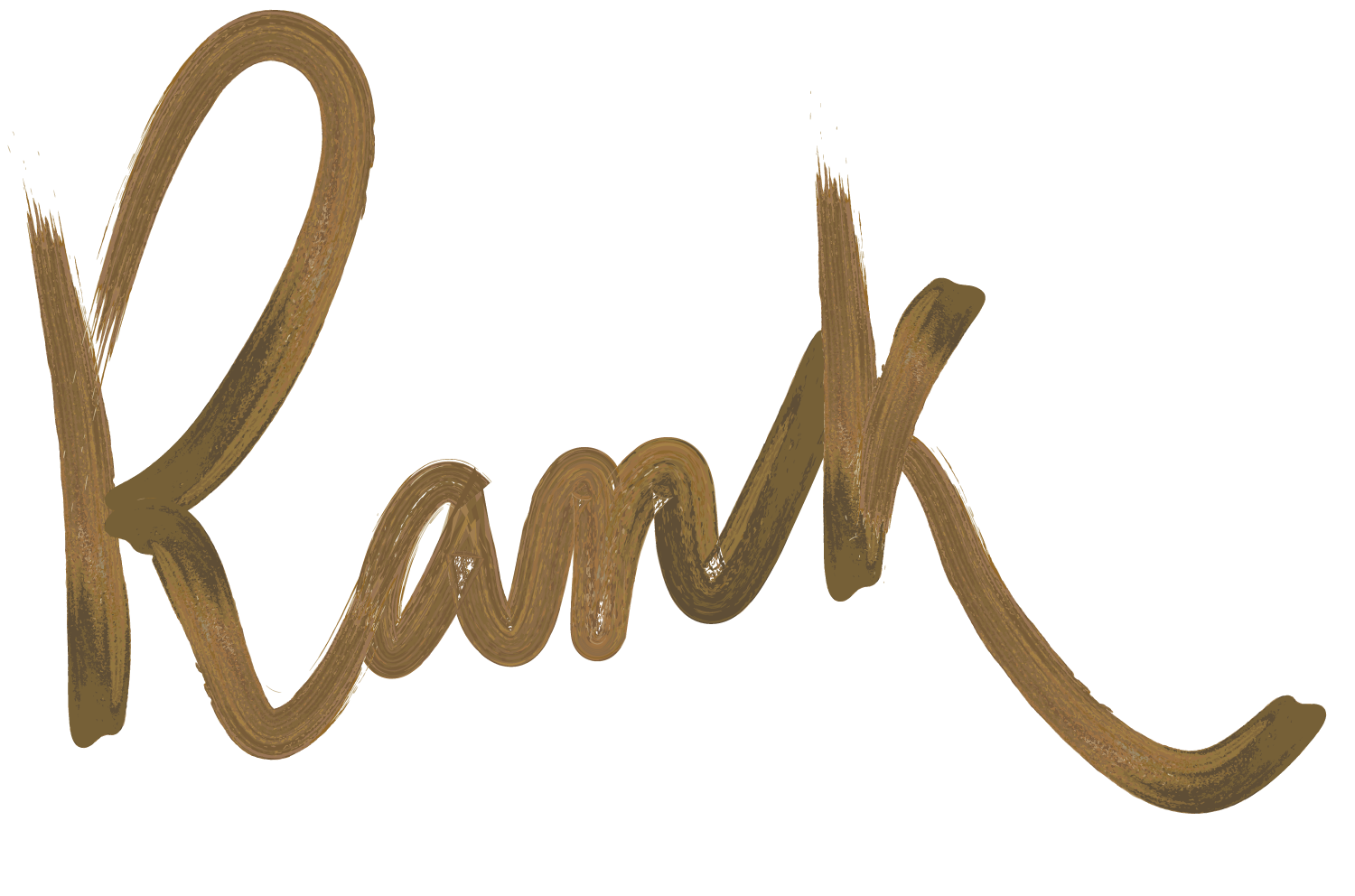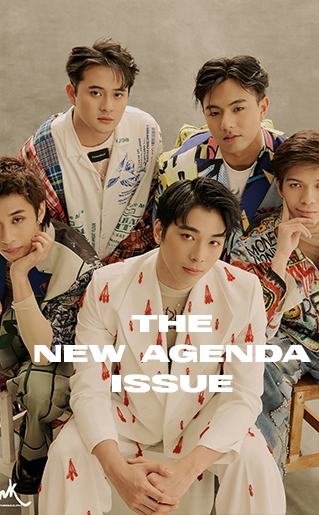Earlier this week, on Aug. 2, a newcomer named CJ Villavicencio made news as he won a Popeyes Philippines-backed online talent competition called Matteo Guidicelli’s The Pop Stage–a play on the brand identity embedded in their thrust to look for undiscovered Filipino talent. For the final round of the competition, Villavicencio’s performance of an Eraserheads medley eventually earned him a 1 million-peso cash prize from Popeyes and a one year music contract under Viva Artist’s Agency.
However, long before the cheers and calls for celebration quieted down, even louder than his victory is the controversy that followed soon after an intricate look at his piece revealed hints–if not glaring evidences–of plagiarism.
Resorts World Manila and Full House Theater Company‘s Ang Huling El Bimbo: The Musical has had massive success onstage in its three-season run as one of the most widely-popular local theater originals and much recently when it exceeded the 7 Million-mark in viewership when it was released for free for a limited time online last May in an effort to raise funds during the onset if the community quarantine. Through this, the production was able to cast a wider net to a more mainstream audience to show the grandeur of the stage and the art of theater aided greatly by re-introducing the classics of Eraserheads redressed in a fresh, new vibe.
Featuring a talented cast and crew, original musical arrangements, and the support of its inspiration that made it all possible, the Eraserheads, its successful reception has since created a cult following.
Related: You Have 48 Hours to Stream Hit Musical ‘Ang Huling El Bimbo’ for Free While Donating to Charity
For a big spectacle as AHEB: The Musical, it’s easy to gravitate our eyes towards its horizon and the influence it has since brought to pop culture, following the footsteps of earlier stage musicals that gained mainstream success like Tanghalang Pilipino’s “ZsaZsa Zaturnnah: Ze Muzikal” and PETA Theater’s iconic and long-running “Rak of Aegis“. Championing the music library of the alternative rock music icons, the production has undoubtedly tapped into the musical sensibilities of the audience that spanned generations, making it an unsurprising hit.
So, when something is inspired out of it or mimics its now-familiar stylings, radars go haywire out of interest. Following the announcement of Villavicencio’s win, all eyes were immediately directed to his work that later on led to social media observers calling him out for stepping over the line of inspiration to actual plagiarism, that then caught the attention of AHEB’s musical director, Myke Salomon.
This was further backed by a video released by theater actor and dancer, Jef Flores, with a closer inspection and detailed analysis of how the winning work allegedly ripped off original pieces from the musical’s book to his now-infamous entry.
In his reaction video, Flores shredded, in great details, Villavicencio’s performance with musical composition and arrangement credited to Ken Umahon and Cedric Calingasan, that simulates the original sound of “Pare Ko” solely produced by Salomon for a scene in AHEB, among other songs in the medley that is greatly attributed to the musical’s original arrangements.
For the allegations of plagiarism to hold water, Flores, with his creative and industry knowledge, expertly noted nuances and inflections that abound the performance, all striking an obvious semblance to the arrangement and musical direction made exclusively for the theater production–from background vocals shouting “Hoo!” in the song, the guitar riffs, drum beats, down to the choreography that are paralleled by a background story in the production that justifies its ROTC setting–which, for the reactor, does not make any sense in Villavicencio’s quadrangle setting.
It was also highlighted that the Facebook post of the of the 21-year-old YouTube cover artist showed little to no intention of duly crediting the performance to that of AHEB‘s. It was pointed out that the gap between the time it was posted and three days after it was edited to properly credit to show can only attributed to the pressure of an online comment highlighting the alleged plagiarism.
Iconic musician and headliner of Eraserheads, Ely Buendia, himself, spoke up about the issue through his personal Facebook page saying. “I am disappointed for all the AHEB crew because I know for a fact that they poured all their hearts and souls into creating something that was true to the material and their craft,” he expresses. “In our day to day struggles against this oppressive life, the temptation is always there to take the fast route, the shortcut, the easy way to success. But we are human. I hope this matter is resolved soon and credit is given to those who deserve it.”
In a more recent upload, Buendia reiterated that the talent search’s organizers and the brand behind the competition should act on these allegations accordingly, echoed by many members of the theater industry, who are expressing dismay on the long silence on the issue.
Fanning the fire of intrigue are complaints of The Pop Stage deleting comments on their official page. Stage actress Teetin Villanueva remains vocal in calling out this lack of remorse from the organizers and sponsors behind the competition.
Multi-awarded actor and stage director, and AHEB cast member, Topper Fabregas also decried the inaction from the organizers, identifying this as “a clear representation of how they value the work of theater artists.”
To this date, The Pop Stage, Popeye’s Philippines, even Matteo Guidicelli, whose name is attached to the search name, along with the three judges, Jed Madela, Lani Misalucha and Ritz Beltran, have yet to issue any public statement in response to the allegations and call for accountability on the incident. From the time the controversy erupted until now, only Villavicencio has expressed a statement to address the situation.
In a now-deleted Facebook post, the performer noted that there were “no intentions to plagiarize” on his part, before directing his apology to those who were “unintentionally hurt”, especially the production team for the “undue stress”. In the end, the young amateur thanked his new management and the people behind The Pop Stage and the judges for the “life-changing opportunity”.
Art is produced out of one’s inclinations, inspirations, and imagination but it treads on risks of originality. Interestingly, the saying, “Good artists copy; Great artists steal” in itself, has been replicated a lot throughout history by artists such as Picasso, Stravinsky, and T.S. Eliot.
The music industry has had its fair share of stories on plagiarism and theft that has led to lawsuits and scandals. While there’s value on the use of inspiration, originality is drenched in romanticism. There’s no definite criteria to define what is solely original sans one’s inspirations among all art in the world through the years.
But there is critical evidence to support if a work is a clear cut copy or a plagiarized version of someone else’s. This is what Flores is trying to make light of with his critical analysis by paralleling both works to find discrepancies. With 40% originality as part of the contest’s criteria for judging, it is apparent that while Villavicencio has a lot to prove about this blatant likeness, the organizers should also be held accountable for this controversy, and on how the “unoriginal” work slipped by and made its way to the final round of a million-peso competition.
The New York Times critic, Jon Caramanica, in an article, dissected the pop industry and the prevalence of copyright lawsuits. “Every song benefits from what preceded it, whether it’s a melodic idea, a lyrical motif, a sung rhythm, a drum texture. A forensic analysis of any song would find all sorts of pre-existing DNA,” he writes on the notion of how music works like an echo by inspiring new music that carries similar sounds but with specific tones.
To protect art from being plagiarized, however, copyrights and royalties are in place to secure its proper usage; but in AHEB’s case, it’s reproduction, to which Villavicencio’s work acts as an exact echo of AHEB’s music. Even in the case of the regular 4-chord template used widely in pop music, different variations and specific tinkering will prove a work is original for certain artists. It’s a matter of adding your own flair instead of claiming replicated chords for your own.
It’s a delicate topic to discuss plagiarism in music. Artists revel in the purity of creation and its desecration only pulls the industry altogether. It dips into the unethical and voids the value of other artists’ hard work and creativity.
Failure to properly credit or ask for permission leads to unnecessary dent in credibility and morality. In the case of Villavicencio’s alleged plagiarism of AHEB, if proven guilty, the damage extends not just from Salomon and the production company, from the cast and crew and everyone who contributed in its creative process, but down to his co-competitors for the apparent injustice; and most importantly, the very contest and brand whose credibility is now in deep scrutiny for enabling unoriginal content, all in the name of pushing forth marketing efforts.
Intellectual Property Rights also play a vital role in this controversy and a long, arduous legal battle will prove to be most probable as the controversy drags further. These are just some of the repercussions that put a bleak future for any proven plagiarists in the long run. In the case of Villavicencio and the organizers of Matteo Guidicelli’s The Pop Stage, it seems like it would take more than a blanket statement and deleted posts to explain this major “blunder”.
With additional text by Leo Balante
Banner art by Cholo Katipunan
with images and screen grabs from Full House Theater Company and Spot.ph


